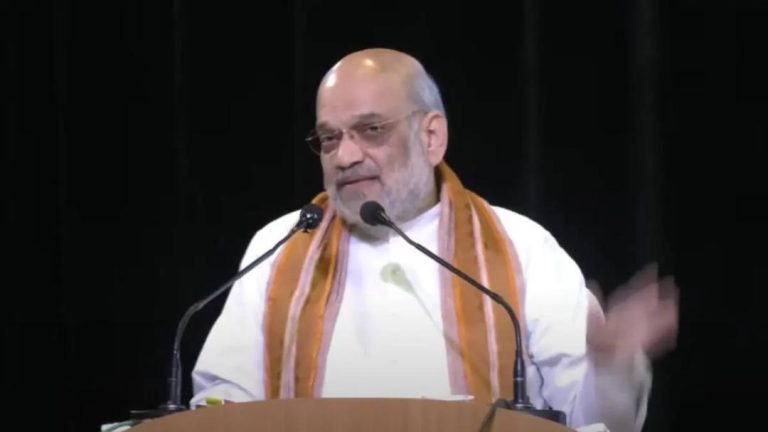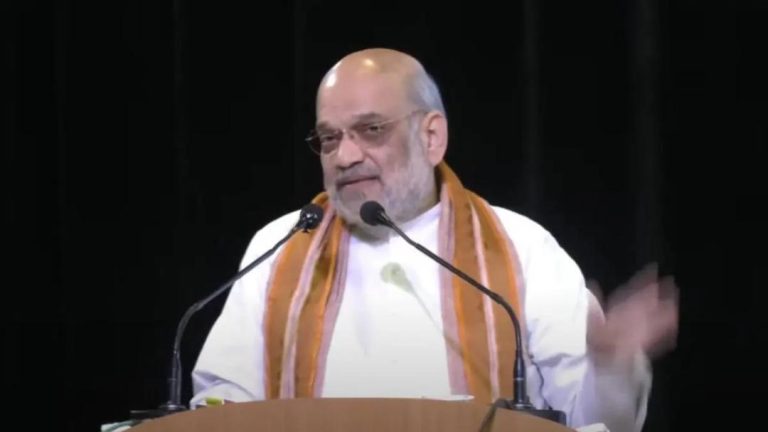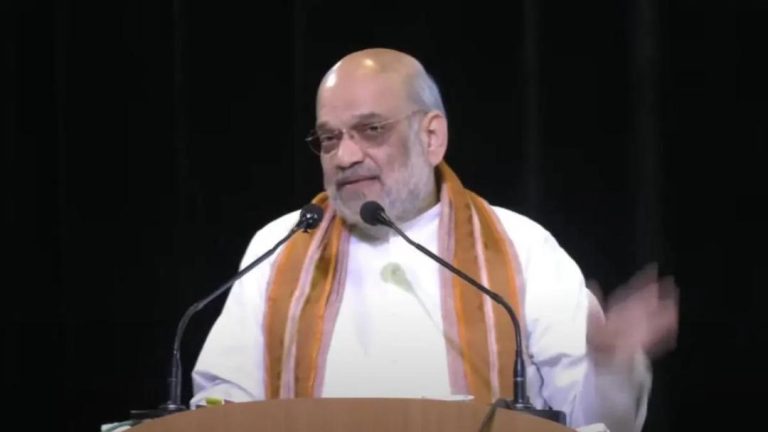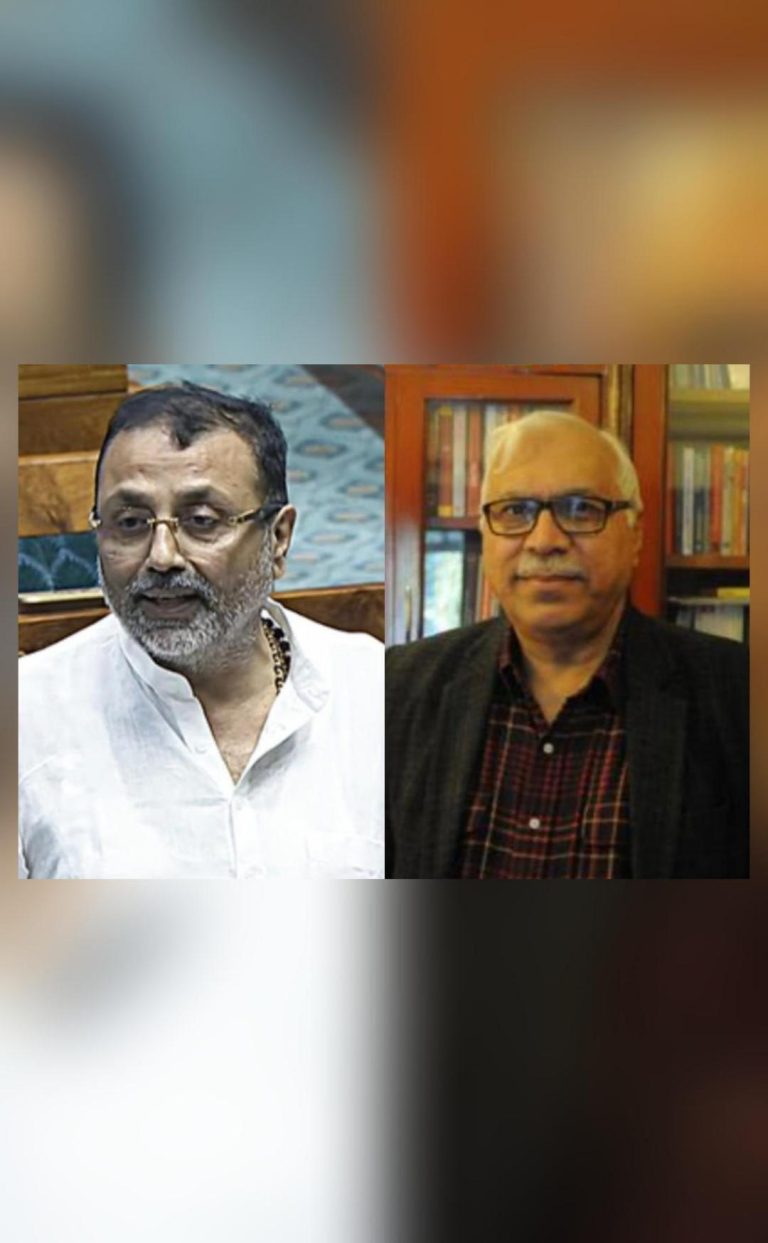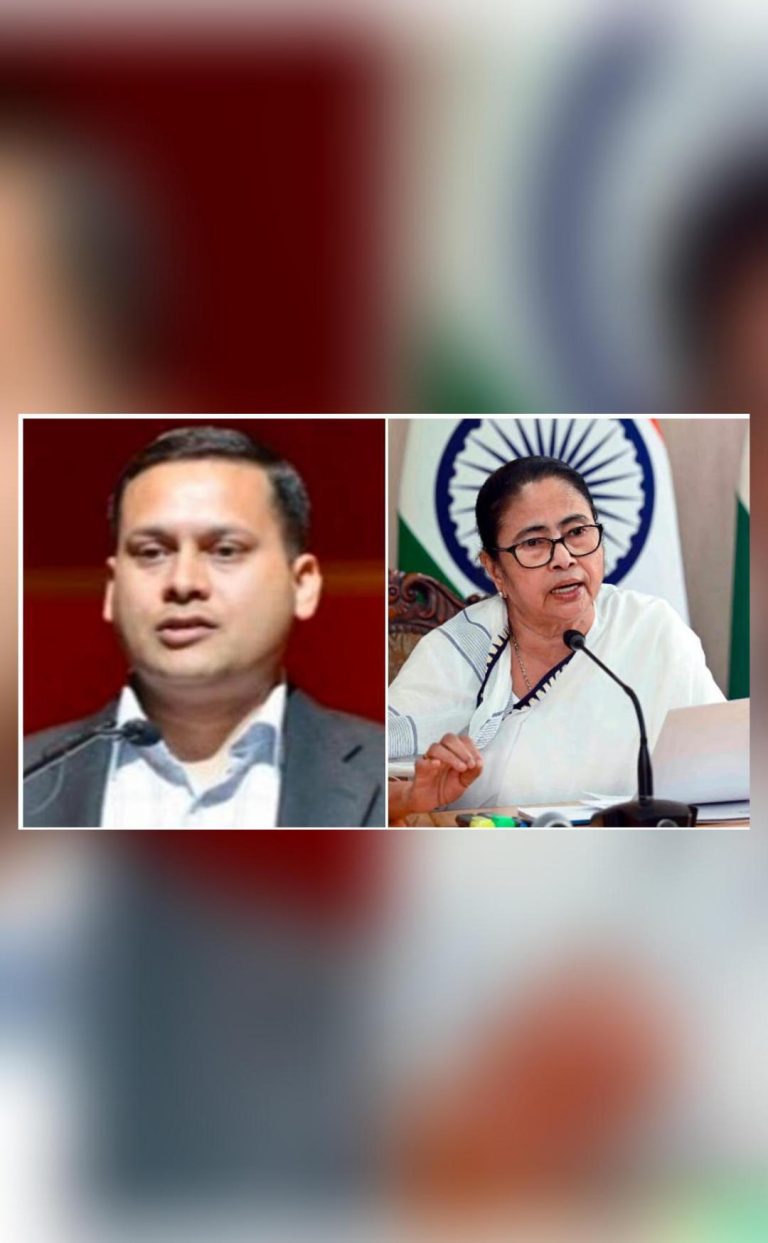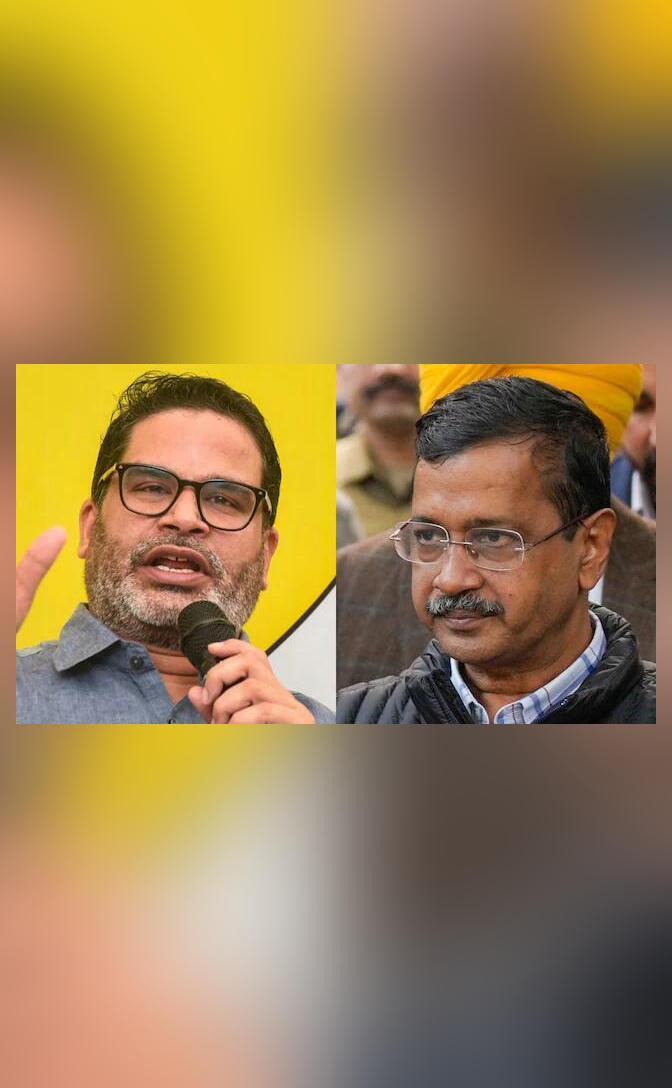
Prashant Kishor Lists Reasons Why Kejriwal & AAP Lost in Delhi Elections
The Delhi Assembly elections 2020 resulted in a shocking defeat for the Aam Aadmi Party (AAP) led by Arvind Kejriwal, leaving many wondering what went wrong. The party, which had been in power for three consecutive terms, failed to win even a single seat. In a recent interview, Prashant Kishor, a prominent politician and former political strategist, shed light on the reasons behind AAP’s defeat. According to Kishor, Kejriwal’s resignation as Delhi Chief Minister after securing bail in the liquor policy case was a “big strategic mistake” that cost the party dearly.
In an interview with News18, Kishor elaborated on the reasons that led to AAP’s downfall. He stated that the 10-year anti-incumbency factor played a significant role in the party’s defeat. Kejriwal, who had been in power since 2013, had been facing growing allegations of corruption and nepotism. The opposition parties capitalized on these issues, painting Kejriwal and his party as corrupt and out of touch with the people.
Another major factor that hurt Kejriwal’s credibility was his fluctuating stance on joining and exiting the INDI Alliance. Kishor believes that Kejriwal’s indecisiveness on this issue created confusion among the voters and ultimately damaged his reputation. AAP had initially decided to join the INDI Alliance, a coalition of opposition parties, but later backtracked, citing differences over the alliance’s ideology. This move was seen as a betrayal by many, who had expected Kejriwal to stick to his word.
The liquor policy case also played a significant role in AAP’s defeat. Kejriwal’s decision to resign as Chief Minister after securing bail in the case was seen as a sign of weakness by many. Kishor believes that Kejriwal should have resigned immediately after his arrest, rather than waiting for bail. This would have shown that he was willing to take responsibility for his actions and was not trying to save face.
Kishor also pointed out that AAP’s inability to connect with the young voters was another major factor in its defeat. The party had traditionally been seen as a champion of the poor and the oppressed, but in recent years, it had failed to address the concerns of the younger generation. Young voters, who are increasingly aware of their rights and aspirations, were disillusioned with AAP’s inability to deliver on its promises.
Kishor also believes that AAP’s over-reliance on Kejriwal’s personal charisma was another major factor in its defeat. The party had become too dependent on Kejriwal’s leadership and charisma, and had failed to build a strong organizational structure. This made it difficult for the party to sustain itself without Kejriwal’s presence.
In addition to these factors, Kishor also pointed out that AAP’s lack of a clear vision for the future was another major reason for its defeat. The party had failed to articulate a clear agenda for the next five years, and had simply relied on its past achievements to win votes. This lack of vision and direction made it difficult for voters to see what AAP stood for, and why they should vote for it.
Finally, Kishor believes that AAP’s failure to address the issue of corruption within its own ranks was another major factor in its defeat. The party had been plagued by allegations of corruption and nepotism, and had failed to take decisive action to address these issues. This had damaged the party’s reputation and made it difficult for voters to trust it.
In conclusion, Prashant Kishor’s analysis of AAP’s defeat in the Delhi Assembly elections 2020 provides valuable insights into the reasons behind the party’s downfall. From Kejriwal’s resignation as Chief Minister after securing bail in the liquor policy case to AAP’s inability to connect with young voters, the party’s over-reliance on Kejriwal’s personal charisma, lack of a clear vision for the future, and failure to address corruption within its own ranks, there were many factors that contributed to AAP’s defeat. As the party looks to regroup and rebuild, it will be important for it to learn from its mistakes and address these issues in order to regain the trust and confidence of the people of Delhi.
